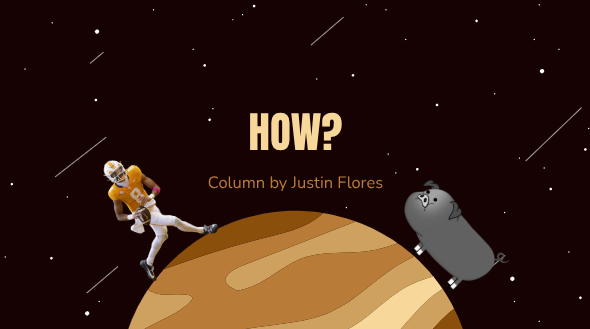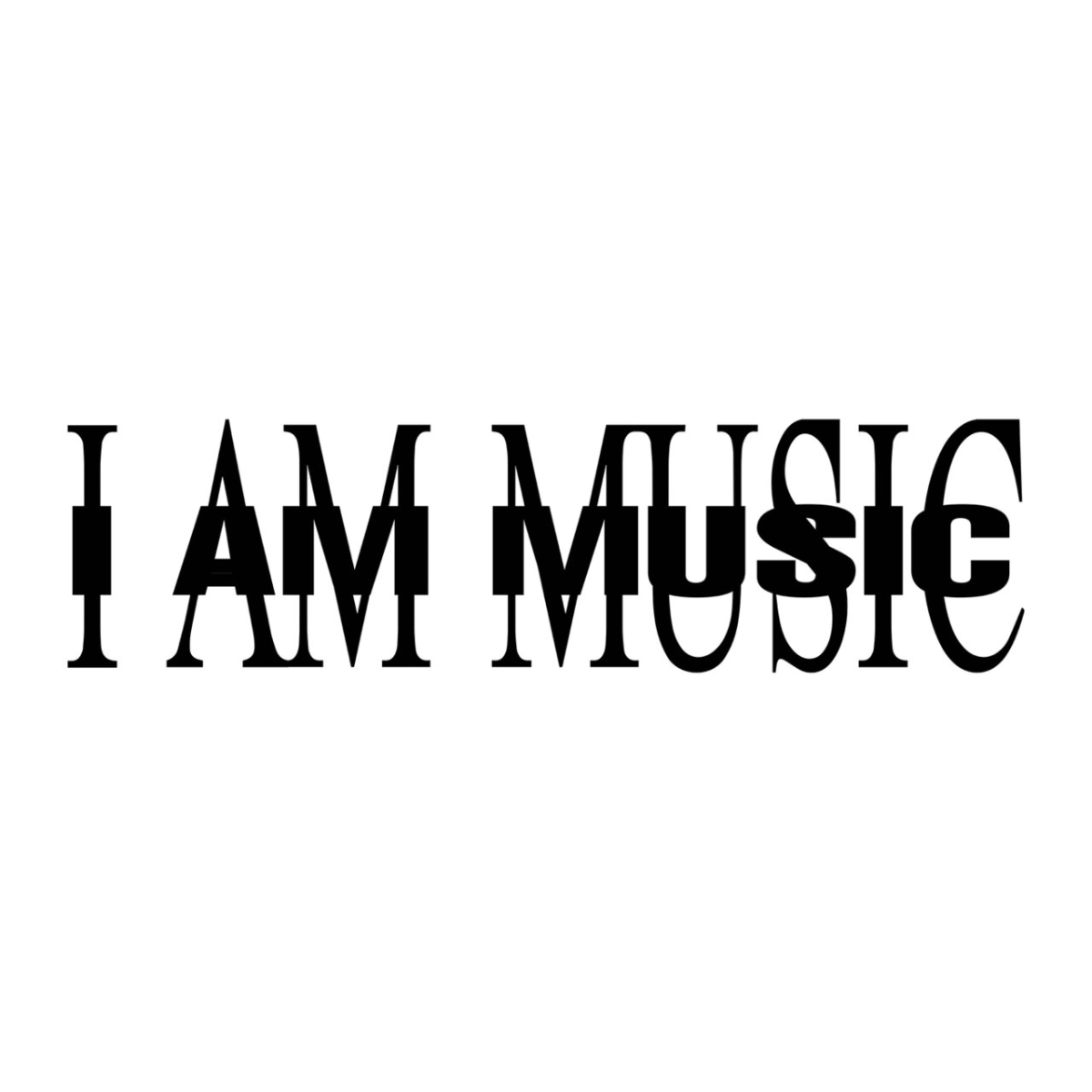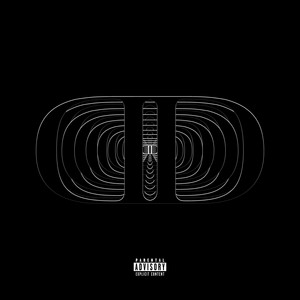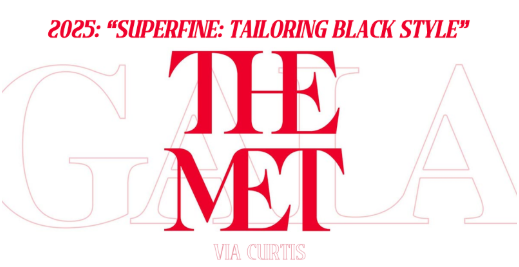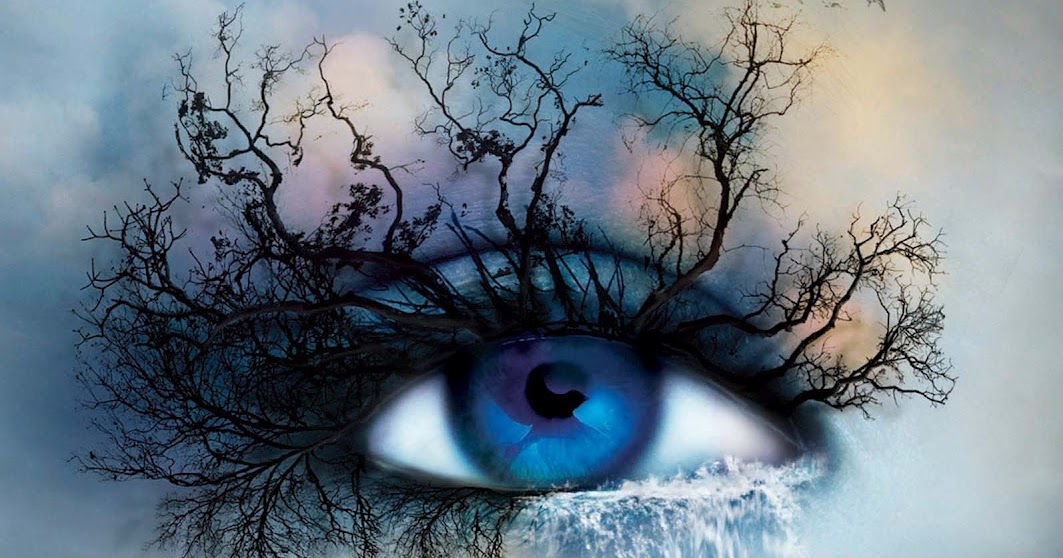Reed Books: 1984
November 15, 2020
1984 by George Orwell is one of the most defining pieces of dystopian literature, expanding the deepest fears of capitalist citizens after World War I and making economic theory more accessible. However, the book has been criticized countless times for its weak writing of Julia, the main female character.
As coined in 2005 by film critic Nathan Rabin, a Manic Pixie Dream Girl is a female character, written by a man, whose only purpose is to help the male protagonist discover himself, while having no character development herself. It’s a sexist and self-indulgent trope that can be found, ironic or genuine, in countless pieces of media. The 1984 character Julia is accused of falling into this trope. She is a beautiful, young, and rebellious woman, who passes Winston a note that claims she loves him after never talking to him before. Winston, having previously hated her and fantasized about raping and killing her, suddenly loves her, and the two engage in a secret affair, only destroyed by Big Brother himself.
What makes Julia a Manic Pixie Dream Girl is the lack of depth to her character. It is never explained why she loves Winston, especially considering that he is much older than her, average looking, and has no previous relationship with her. Once they start having their relationship, Julia is completely dedicated to him, great at sex, and just rebellious enough to be interesting while letting Winston remain the hero. She falls asleep to Winston’s reading of The Book, an illegal book of economic theory he obtains through the resistance, meaning he is more educated out of the two.
1984 is a powerful piece of writing that revolutionized the dystopian genre (at least through its economic commentary), but this makes the sexism inherent to Julia’s character even more disappointing. Academic debate on the novel writes off this misogyny as a “product of its time”, and jumps back in to discuss Orwell’s political beliefs and ideologies. But that is just the problem: women and other oppressed groups are treated as a secondhand thought; something to rationalize away while talking about the “real” issues. 1984 is a dystopian classic, but it is not impervious to criticism. A critique of the misogynistic themes in the novel should be taken just as seriously as a critique of its totalitarian themes, but that is not often the case.
Overall, 1984 sets a high standard for dystopian literature, and it should be continued to study at the depths that it is. But it’s important to study not only its socioeconomic commentary, but also the sexism baked so deeply into the novel.












